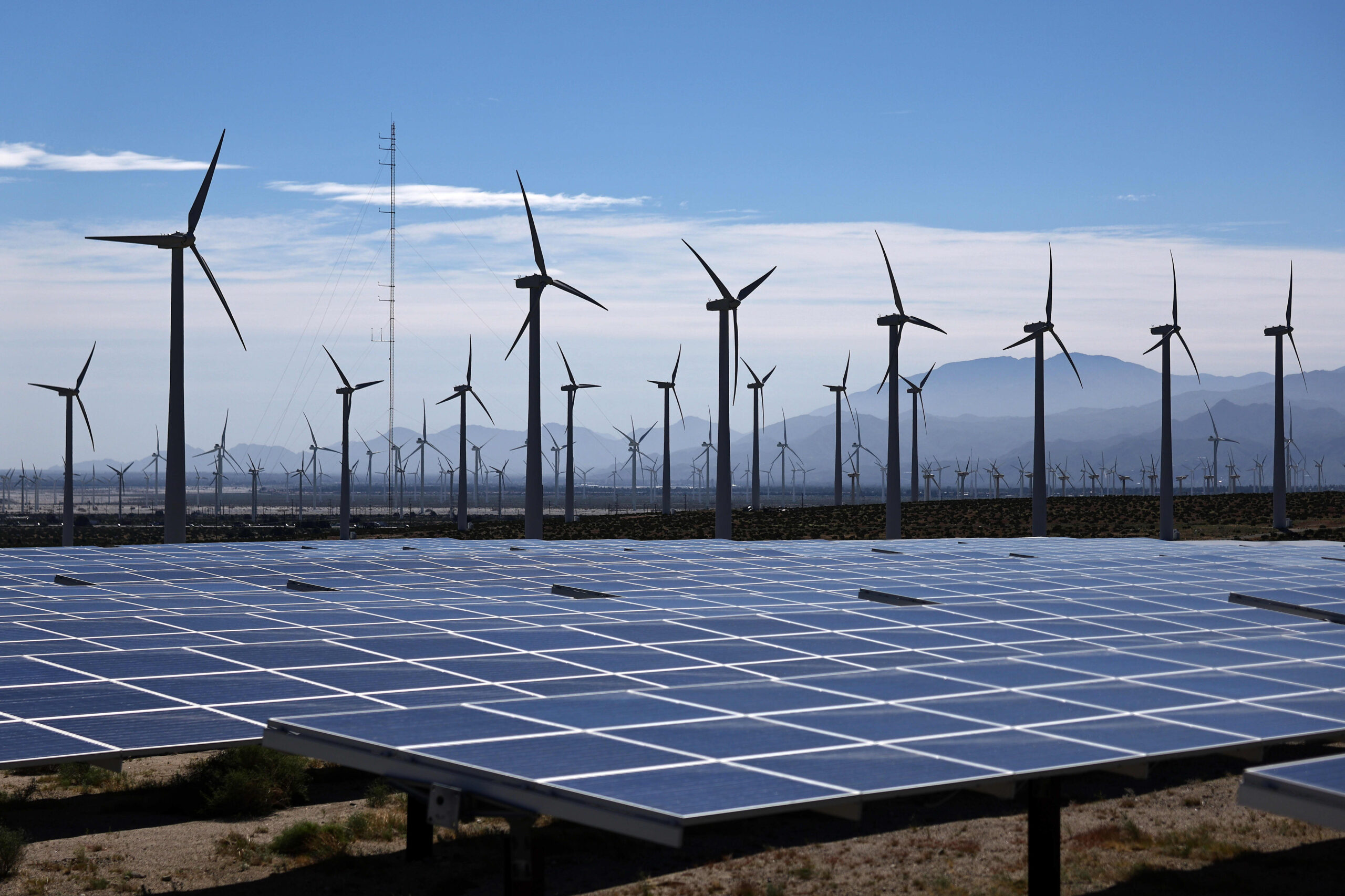SINGAPORE: Singapore’s economy grew 2.2% year-on-year in the fourth quarter of 2023, slower than the government’s advance estimate and economists’ expectations.
This brought full-year 2023 growth to 1.1%, down from the 3.8% expansion in 2022, the Trade and Industry Ministry (MTI) said yesterday. It was also slightly below the 1.2% growth estimate MTI issued in January.
Analysts polled by Bloomberg had expected gross domestic product (GDP) growth of 2.5% in the final quarter of 2023, while the official advance estimate was for growth of 2.8%.
MTI kept its forecast for growth in 2024 at 1% to 3%, saying Singapore’s external demand outlook for 2024 has remained largely unchanged since its last review in November.
Growth in the advanced economies is expected to moderate in the first half of the year, mainly due to continued tight financial conditions, before recovering gradually in line with an expected easing of monetary policy as inflationary pressures recede.
Meanwhile, regional economies are expected to see a pickup in growth in the year ahead, supported in part by the turnaround in global electronics demand.
At the same time, downside risks in the global economy remain significant, MTI said.
First, an escalation or widening of the Israel-Hamas conflict or war in Ukraine could disrupt global supply chains and commodity markets.
This would weigh on global trade and growth.
Second, the lagged effects of monetary tightening could trigger latent vulnerabilities in banking and financial systems, leading to stresses on regional economies with external financing needs.
Third, should idiosyncratic cost shocks such as adverse weather events disrupt the global disinflation process, financial conditions could stay tight for longer, thereby weakening the economic recovery momentum.
Against this backdrop, Singapore’s manufacturing and trade-related sectors are expected to see a gradual pickup in growth in tandem with the turnaround in global electronics demand, said MTI.
In particular, the electronics and precision engineering clusters within the manufacturing sector are projected to rebound, especially given that recovery in semiconductor sales globally and domestically has been stronger than expected, it said.
Meanwhile, continued recovery in air travel and tourism demand will support growth in Singapore’s tourism and aviation-related sectors, including aerospace, air transport and accommodation, as well as consumer-facing sectors such as retail trade and food and beverage services, MTI said.
“Nonetheless, the pace of growth for most of these sectors is expected to moderate from that in 2023,” it said.
“GDP growth in 2023 was mainly driven by the other services, information and communications and transportation and storage sectors,” said Beh Swan Gin, MTI’s permanent secretary of development, at a media briefing on the report.
Monetary Authority of Singapore (MAS) chief economist Edward Robinson said at the briefing that monetary policy remained appropriate despite “continuing uncertainties on the growth and inflation front”, which the central bank would monitor closely.
Core inflation has been easing from its recent peak of 5.5% in January 2023, though it ticked up to 3.3% in December.
MAS has increased the frequency of its reviews from twice a year to quarterly starting in 2024. — The Straits Times/ANN
